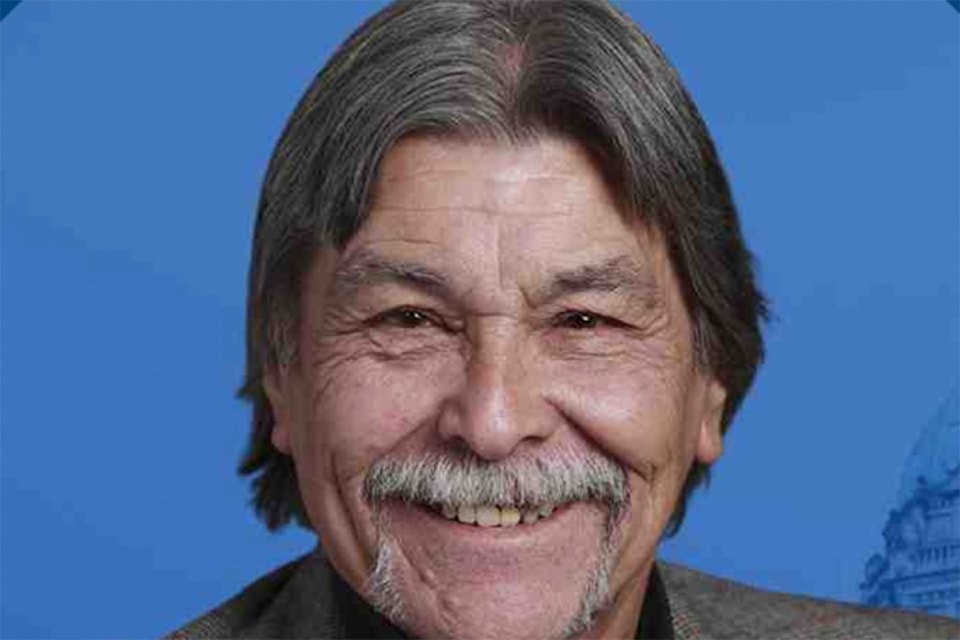A British Columbia MLA sparked controversy after sharing a separatist map online, yet insists he is a proud Canadian. David Williams, the Conservative MLA for Salmon Arm-Shuswap, posted an image imagining most of B.C., excluding its most populated regions, as part of a “Republic of Western Canada” under U.S. protection.
Williams acknowledged the post’s poor timing and said it distracted from his party’s key messages. “I don’t endorse western separatism,” he said. “We are stronger as a country. We need to work together.”
The image, which appeared on Williams’ personal Facebook page on March 30, showed a map of B.C. excluding Metro Vancouver and Vancouver Island. It included Alberta, Saskatchewan, and Yukon as a united western republic. The post suggested that western provinces have been treated unfairly by Canadian confederation and hinted at change being necessary.
Williams removed the post within an hour after being alerted to the controversial term “protectorate” included on the map. “I did not see the word protectorate at first because it was in small print,” he explained. “I totally don’t believe we should be a protectorate of any country. We are an independent nation.”
Despite the controversy, Williams used the moment to call for a stronger voice for western Canada in national matters, especially economics. “We are stronger as Canadians, but sometimes economic issues cause friction,” he said.
The B.C. New Democratic Party (NDP) quickly condemned the post. Forests Minister Ravi Parmar called it “pro-Trump, pro-U.S. rhetoric.” The post also drew attention amid heightened Canadian nationalism, fueled partly by threats from the United States suggesting Canada could become the 51st state.
John Rustad, leader of the B.C. Conservatives and Williams’ party leader, declined to comment directly on the post but emphasized Canadian unity. “We need to think strong as Canadians,” he said. “Breaking down trade barriers and diversifying markets are priorities.”
Williams admitted he “probably misread” the timing of the post. “It was probably inappropriate, given the current national mood and the federal election underway,” he said. Still, he stressed that many western Canadians feel their concerns have been ignored for too long. “You have to be proactive rather than reactive.”
The incident has distracted from the Conservative party’s usual focus, he said, but reiterated his belief in a strong regional voice. “We need to be heard so western Canada can be an economic powerhouse for all of Canada.”
This event followed an opinion piece by former Reform Party leader Preston Manning published in early April. Manning predicted that if federal Liberal leader Mark Carney were elected prime minister, western provinces might choose to secede. He blamed western alienation on historic Liberal policies perceived as exploiting western natural resources for the benefit of eastern Canada.
Premier David Eby responded by linking Williams and Manning’s views. He called Manning’s comments “bizarre” and criticized Williams for sharing a map advocating U.S. protection. “We are not Guam,” Eby said, urging reconsideration of such ideas.
The “Republic of Western Canada” map’s origin is unclear, but similar content is found in closed social media groups promoting western separatism. These groups, which number in the tens of thousands of members, discuss independence and a potential new constitution for western Canada.
Political experts trace western alienation back to the late 19th and early 20th centuries. Yet today, the issue reflects growing political division, accelerated by the COVID-19 pandemic. UBC political science lecturer Stewart Prest explained the map reflects a small, conservative faction influenced by former U.S. President Donald Trump’s populist politics. “This group is willing to discuss secession if they do not get their way democratically,” Prest said.
However, polls show most Canadians identify strongly with their country and oppose separatism or joining the United States. Prest also noted the map oversimplifies political realities, missing the diversity within B.C. Metro Vancouver and Vancouver Island, excluded from the proposed republic, include many conservative voters, while parts of the proposed western republic have historically supported the NDP.
The debate surrounding Williams’ post highlights ongoing tensions around regional identity and representation in Canada. Yet it also underscores broad support for unity and national cooperation, despite differing political views across provinces.

